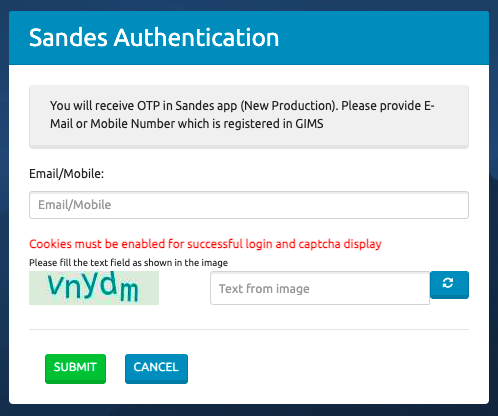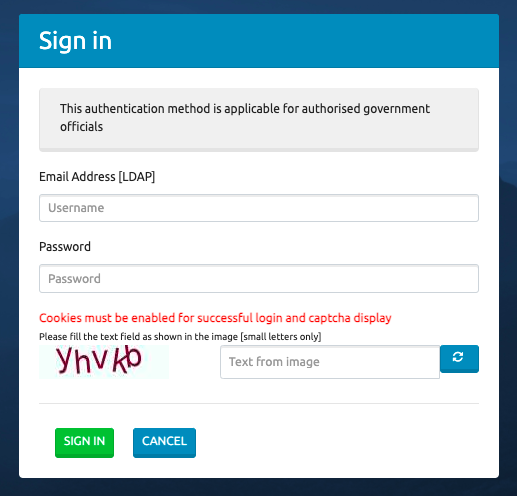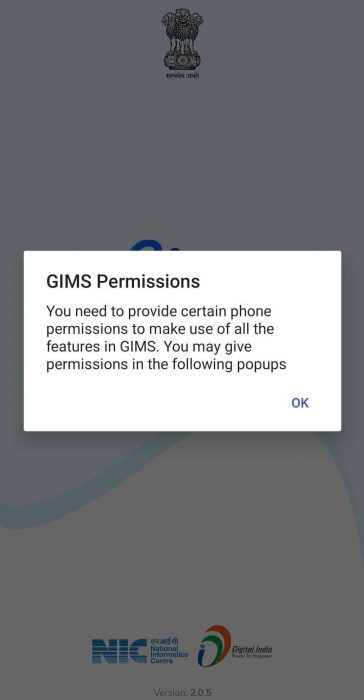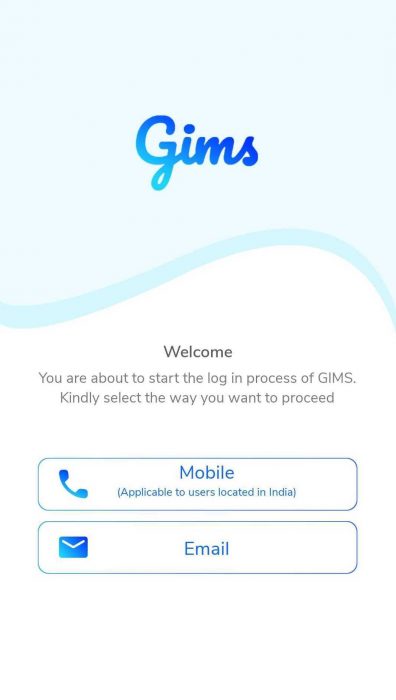WhatsApp’s updated privacy policies have created an uproar amongst its users, privacy enthusiasts, and governments as well.
Security concerns for the messaging platform began years ago after it was acquired by Facebook. Now, the self-reliant Indian government has taken matters into its own hands and launched a new desi WhatsApp alternative called ‘Sandes.’
Last year, the government confirmed that an Indian WhatsApp alternative was under development. Now, the messaging app Sandes seems to be ready and is undergoing an initial testing phase which is exclusively open for government officials only.
Rumors about a government chat app called GIMS started making rounds last year. The homebaked app Sandes has been developed to cater to the Indian audience. No wonder it has a desi-sounding name for a wider appeal.
The launch of the Sandes app is also being viewed as an attempt by the Indian government to keep its employees off social media networks and messaging platforms that may have compromised channels.
The Sandes app can run on both iOS and Android platforms. Currently, this WhatsApp alternative is inaccessible to the general public so we don’t know much about Sandes app features. However, based on the official documentation, here are some of the Sandes app features apart from texting, voice calls, and video calls that users will get to see:
The GIMS app also provides the functionality to mark a message as Confidential, on Priority or as Auto Delete (self-destructing messages).
Unfortunately, there’s no option to transfer your chat history from other platforms to Sandes or vice versa. However, there is a backup option to export chats to your email.
There is also a unique Sandes feature called list groups. A list group is a group of which you are not a member. A message sent in a list group is termed as a list message. You will not be able to see group conversations on the list group. But any message sent by you to the list group will be visible to the admins of the list group.
Another noteworthy feature in the Sandes app is GIMS Chatbot/Info Service Chatbot. This Chatbot can accept commands to relay weather information or to view dashboard of various initiatives by the government.
According to Sandes website, NIC handles the backend of this Indian WhatsApp alternative. For the unacquainted, NIC is the National Informatics Centre, which comes under the Ministry of Electronics and Information Technology (MeitY).
NIC is the governing body that facilitates infrastructure to help develop and implement government IT services and several Digital India initiatives.
Even though there hasn’t been an official announcement by the government promoting the app, the site has a .gov.in domain, which confirms that the Sandes app is backed by the government.
Since ministry officials are the first ones to be introduced to this WhatsApp alternative, it is safe to say that Sandes could soon be tagged as the official messaging app for government employees.
One-on-one messages and group messages on the GIMS Sandes app are end-to-end encrypted.
The Indian WhatsApp alternative Sandes is yet to be released on PlayStore or App Store but you can download the GIMS app APK right now from here. Here are the system requirements to run GIMS app on your smartphone:
The Sandes app also has a web version that can be accessed from its official website.


You can see on the web portal that it provides ways to sign-in via LDAP, OTP, and web.
However, whenever we try to click on any of the sign-in options, the site displays a message that reads, “This authentication method is applicable for authorized government officials.” This means you’d need a government domain-based email ID to sign up on the website right now.


If you download Sandes APK, you will have to grant permissions to the app and use a valid mobile number or email ID to sign up. We tried signing up on the app but it is currently not accepting any email ID or phone number apart from the ones approved by the government.
Even though the use of the Sandes app has been restricted to government officials at this point, once the testing phase is over we can expect a broader rollout for the general public later on.


copyrights © 2021 olinone.in. All rights reserved.
Write Your Comments